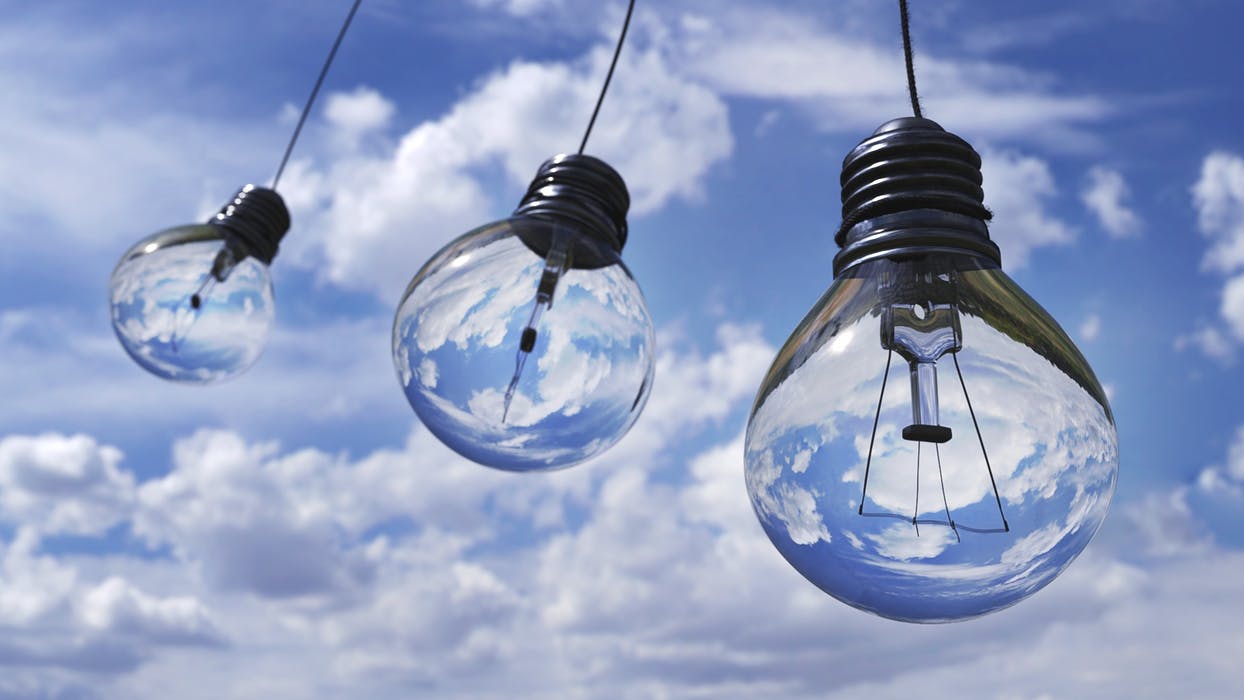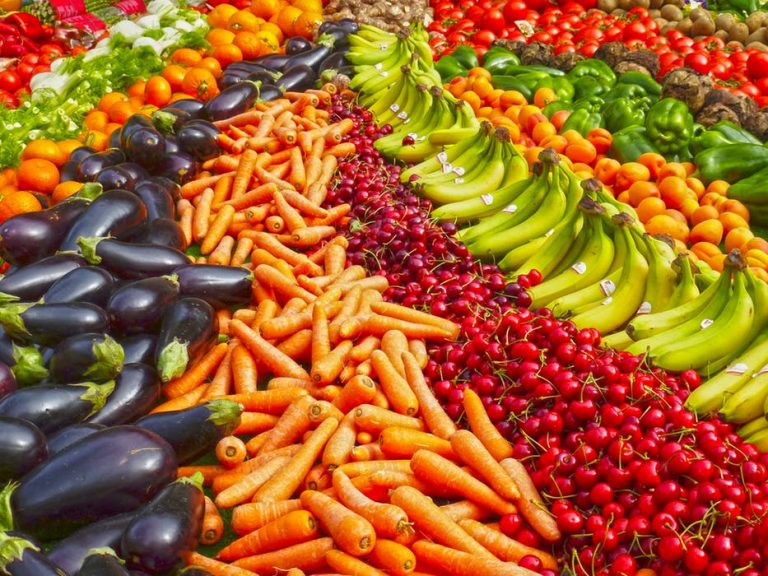
Energy security and its present day scenario reveals sharp contrast between the production and consumption patterns of developing and developed countries as well as between rural and urban areas within the developing countries.
In 2016 while total world energy came from 80% fossil fuels, 10% biofuels, 5% nuclear and 5% renewable (hydro, wind, solar, geothermal), only 18% of that total world energy was in the form of electricity.[1] Most of the other 82% was used for heat and transportation. But still the divide between developing and developed countries have seemed to broaden over the years, the energy needs and requirements of developing countries are not met by them and thus slowing their progress towards prosperity.
Total energy consumption in low developing countries occurs mainly in household and commercial sectors. Most of the countries derive a high share of household fuels from traditional fuels- firewood, manure, draught and agricultural wastes which not only increases their energy losses but also contributes in pollution and health related issues. Though the per capita energy consumption is much lower as compared to developed countries, in future the relative energy consumption and thus carbon dioxide emissions of the developing countries are bound to increase as they develop further.
An important issue in this whole debate is that a dichotomy exists within the developing countries as well: between rural and urban areas and between the rural rich and the rural poor. The commercial energy is consumed in the urban areas in industrial sectors and for transportation whereas the rural areas in developing countries get a very small share of the available commercial energy which they predominantly use in agricultural sectors. This energy in-security or so called energy scarcity in the rural areas of developing countries affects the employment opportunities and thus causing large scale urban migration and putting more strain on the limited energy resources in the urban areas.
An important argument in this debate is that energy is not used efficiently in both rural and urban areas in developing countries which results in higher per capita increase in energy consumption than per capita increase in gross domestic product. This contributes to never ending vicious cycle and further impacting the natural environment.
While the way of living of developed countries or the western way of lifestyle as often called; directly, indirectly and remotely impact the complex ecosystem of this planet. The energy production, consumption along with the way of using natural resources, economic policies and governance of developed countries have a close relationship with the same corresponding issues of the developing countries .
Responsibility, risks and other dangers, which are ought to be shared equally among the nations and regions of the Earth are however not shared.
References :





Leave a Comment